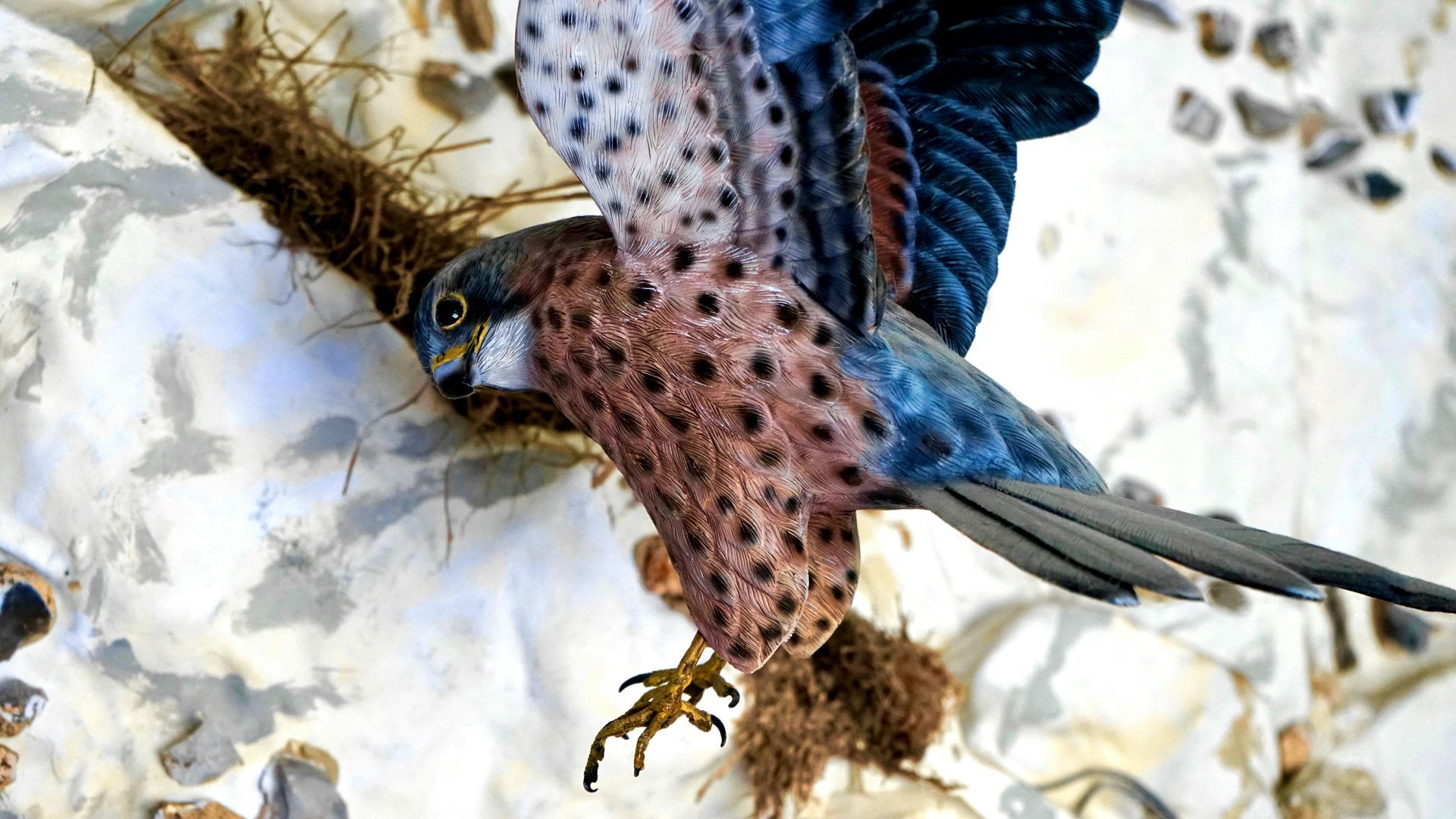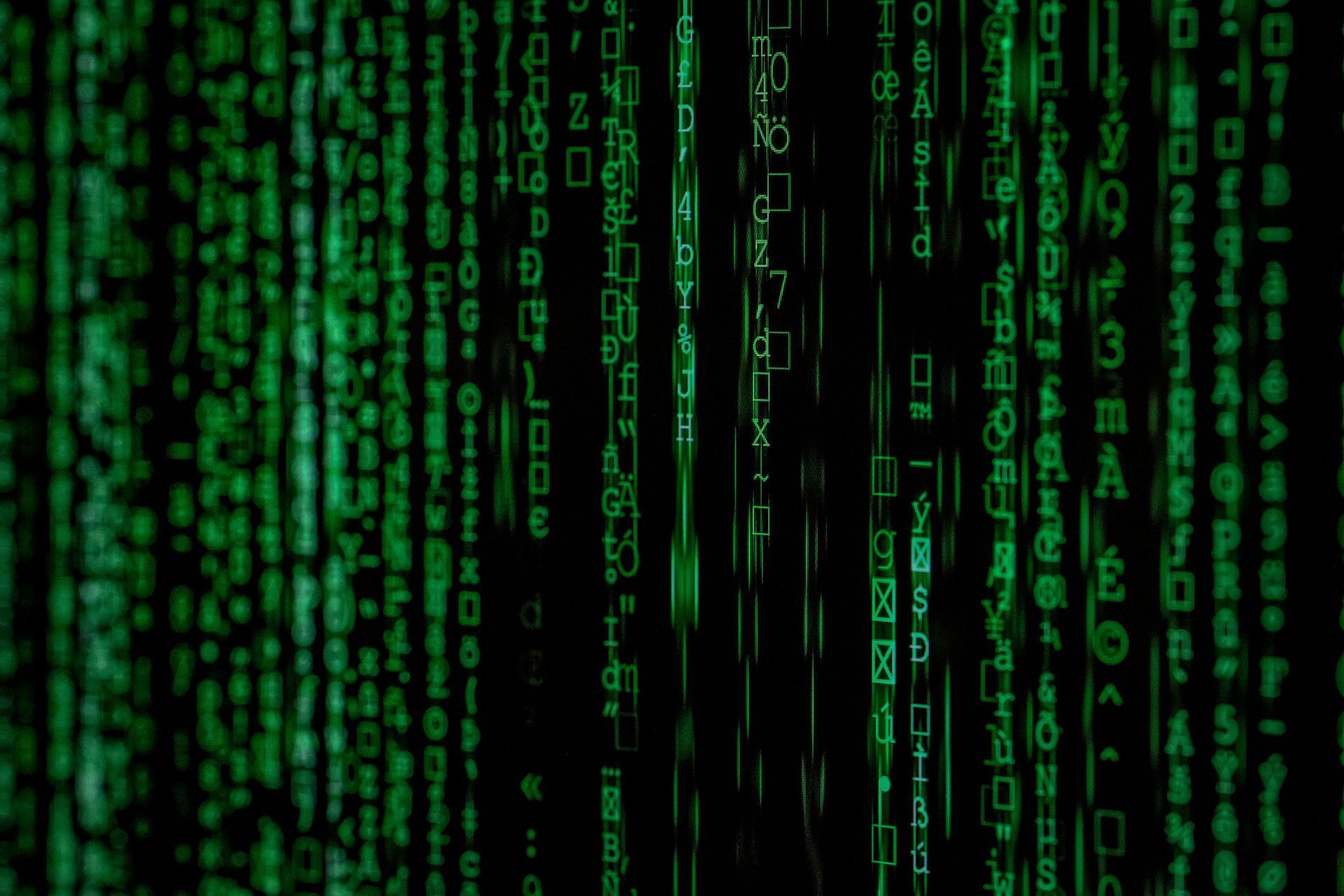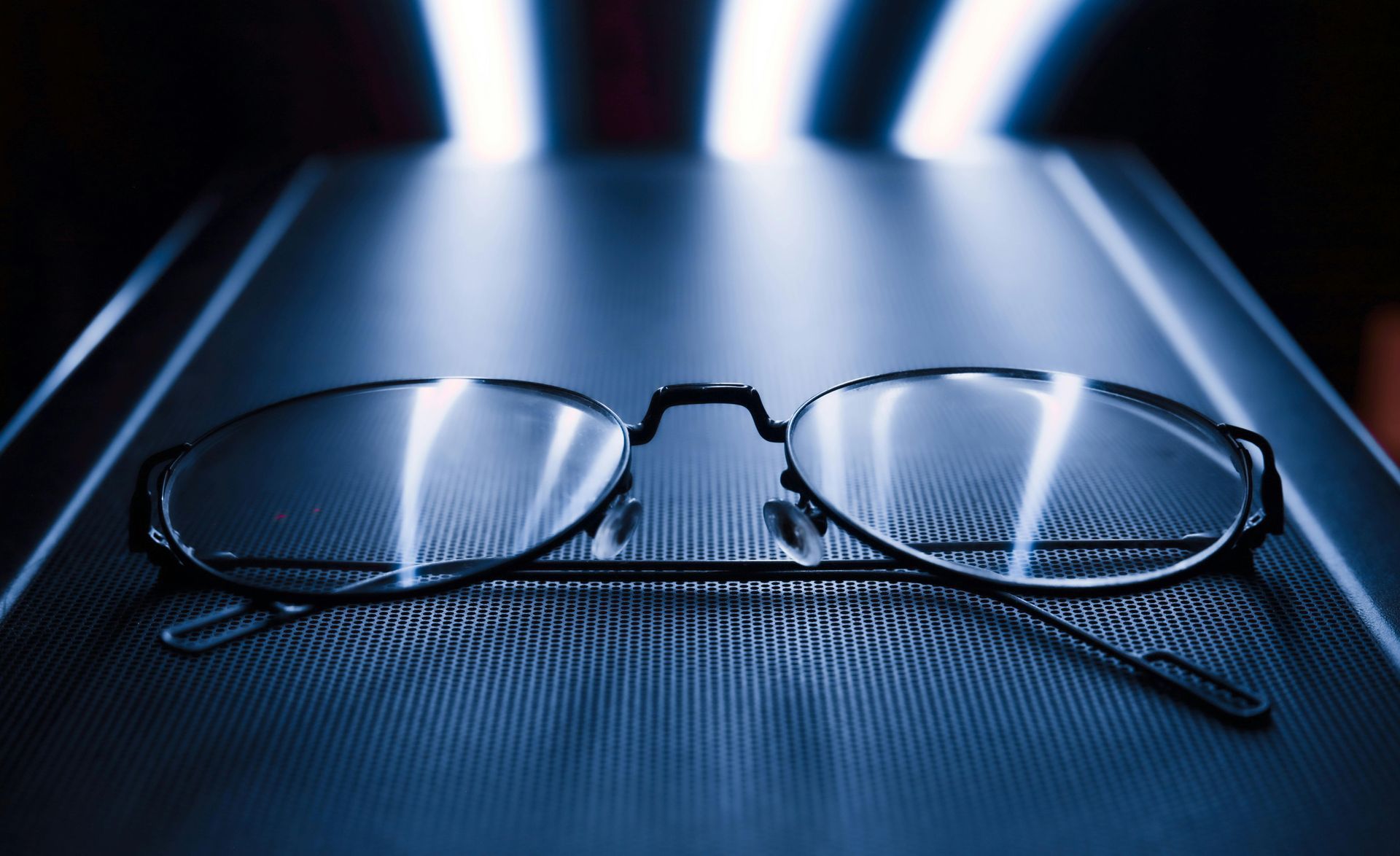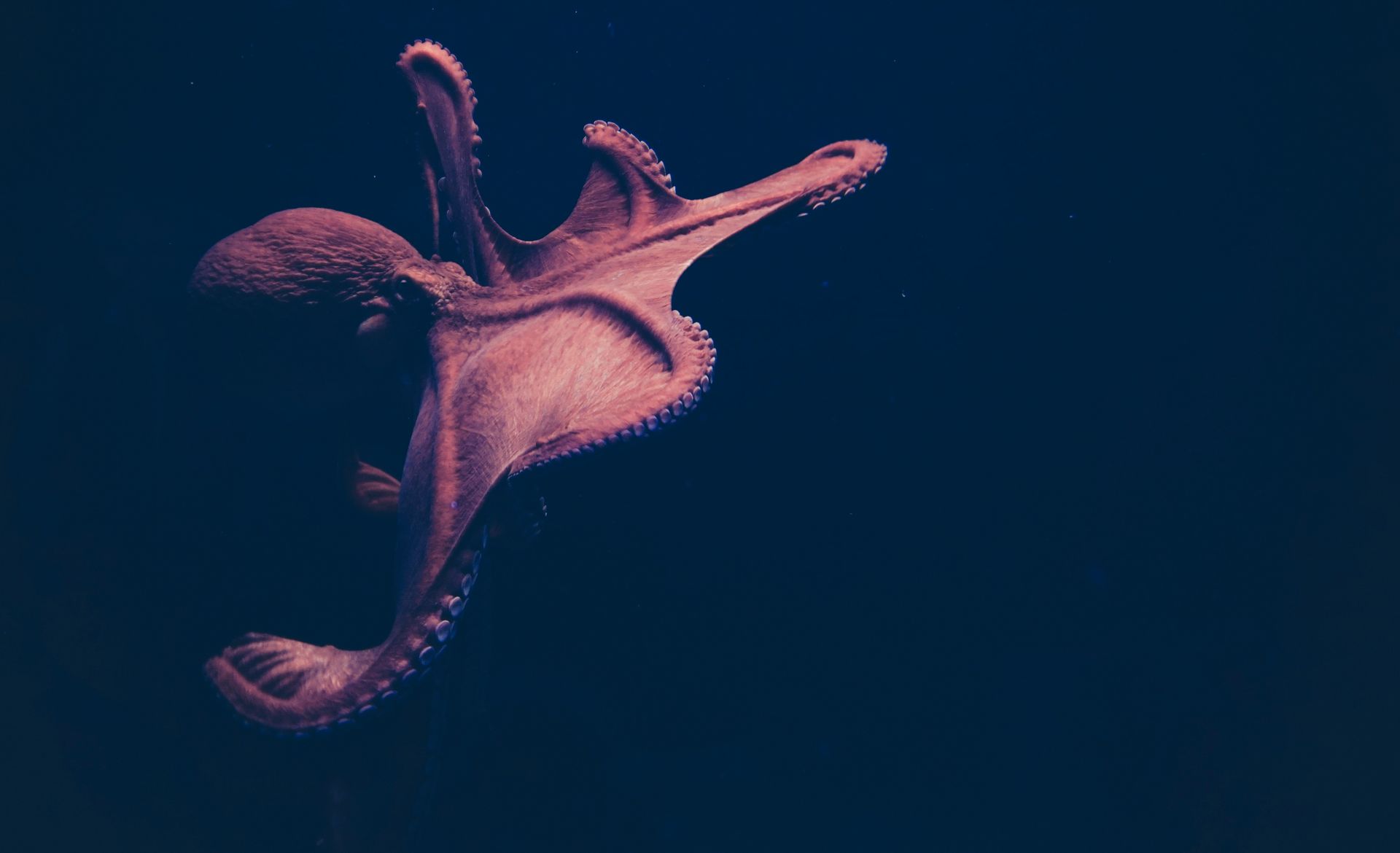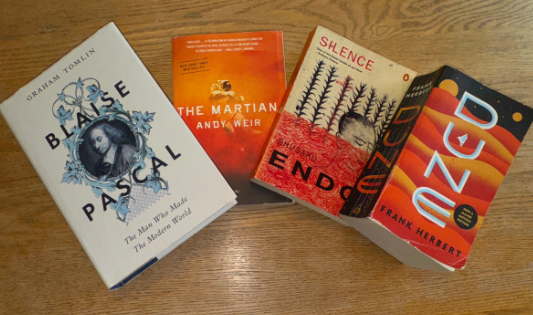Low Vision Month: perspective for the rest of us.
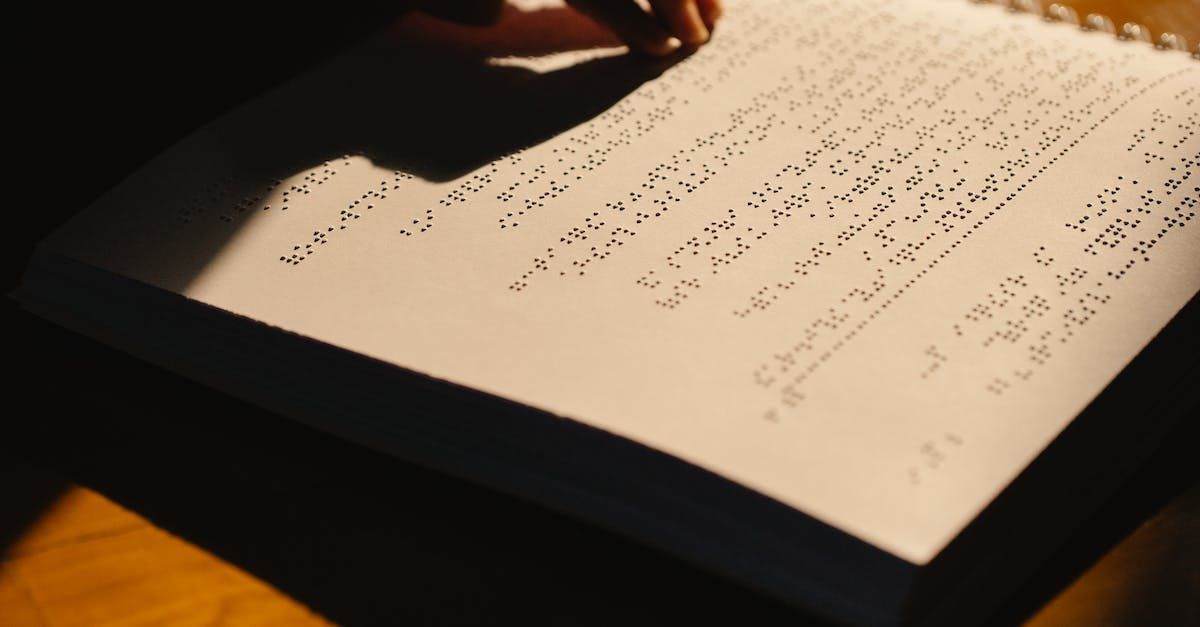
Blog vol 4.36. Low Vision Month: perspective for the rest of us.
It would seem, from a therapist’s perspective, that we can help visually impaired people. A noble notion, but how condescending. The best part of working with visually impaired individuals is perspective.
I have mentioned it in other blogs, it is the indomitable human spirit, the creativity, and the courage of these individuals that is so impressive. Think about the process: getting the news that you are permanently visually impaired, then dealing with the loss of vision and the resulting changes in your life, devastating. Alternatively, those born with a visual impairment, along with their parents, have a long road ahead of them.
By the time this person arrives at my door, they have gone through a lot of adjustment, grieving, anger, and pain. They hopefully are accepting of their situation, which is a lot, and even thriving with the challenge. I marvel at the resourcefulness, and the positive attitude displayed by many of these people.
A bit of history. In the early 1800s in France, a three-year-old boy was playing with a cobbler’s tool and accidently punctured his right eye, and, tragically, the other eye was lost to the resulting infection leaving him completely blind. This boy was Louis Braille, obviously very gifted and resourceful. He was completely blind at the age of five yet he was able to develop, with a system of six dots, raised “text” on a page that the blind could read with their fingers. To this day we still have this system of dots to help the blind even on our currencies.
Later in the 19th century, a little girl from Alabama developed a condition that left her blind and deaf, a double whammy. She was greatly helped by the teacher, Anne Sullivan, at the Perkins Institution for the Blind in Boston. Again the indomitable spirit of a person who thrived, Helen Keller wrote 14 books on varying topics, a prolific reader and writer (both by braille). She lived to the old age of 87 and was instrumental in founding the American Civil Liberties Union (ACLU) and was even nominated for the Nobel Peace Prize.
From the world of fiction, the powerful story by Anthony Doerr, All the Light We Cannot See, won the 2014 Pulitzer and Carnegie Medal and was adapted into a Netflix drama released in late 2023. It is about a blind girl who lives in Saint-Malo, France during the Nazi occupation in the 1940s. This blind girl, Marie-Laure LeBlanc, has an impressive upbringing, heavily influenced by her father. The father makes a model replica of Saint-Malo for his daughter which she uses to help in the resistance and in the many intrigues which she gets involved with over the course of the book. Again, it is her courage and resourcefulness, and the great help from her father, that is wonderful to see.
To all my low vision and visually impaired patients: thank you for sharing your lives with us; thank you, parents, who are unendingly supportive through very difficult situations; and thank you, educators/teachers, for your encouragement and training and for refusing to give up on people.
Til next week
The good doctor


